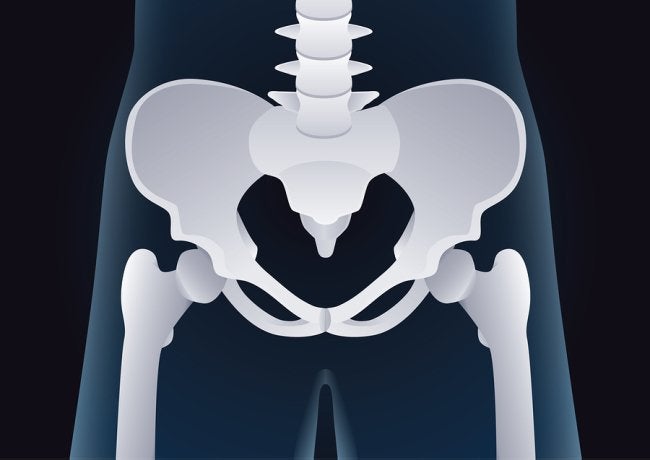What Causes Pelvic Organ Prolapse?

Pelvic organ prolapse (POP) is a common urologic condition in which one of the pelvic organs moves out of position. For example, the bladder may drop lower and push against the vaginal walls. POP can cause uncomfortable symptoms, including pain or pressure in the area, incontinence, and constipation. If you suspect you might have POP, consider visiting a urology specialist to determine the underlying cause and learn about your treatment options.
Childbirth
Childbirth is among the most common causes of POP. To understand how childbirth can cause POP, it’s helpful to have a basic understanding of the anatomy in this area. POP can affect one or multiple organs, including the bladder, vagina, uterus, and rectum. These pelvic organs are normally held in place by the pelvic floor muscles. But these pelvic floor muscles can sometimes be stretched and weakened, which impairs their ability to hold the organs in place. Childbirth is a traumatic event that requires considerable straining and places significant pressure on the abdomen. The strain can weaken these crucial muscles.
Hysterectomy
Some women who undergo a hysterectomy will later develop POP. A hysterectomy is a surgical procedure to remove one or more of the pelvic organs such as the uterus. In the absence of these organs, the structures that are left intact may shift out of place. Although POP is not inevitable after a hysterectomy, this surgery is certainly a major risk factor for it.
Obesity
Not all cases of POP can be linked to childbirth and hysterectomies. The pelvic organs may also shift out of place due to the pressure exerted on the region by excessive body weight. Specifically, obesity results in increased pressure to the pelvic floor muscles, which can allow hernias to form. In other words, the bladder or other organs may prolapse into the vaginal wall.
Urology Associates, P.C. provides compassionate and confidential care for women with urologic and sexual health conditions, including pelvic organ prolapse. Call our office at (855) 901-1338 to request an appointment with a urologist in Nashville. Additional health information is available on our website.
Recent Posts
categories
- Uncategorized
- Bladder Cancer
- Women's Sexual Health
- MonaLisa Touch
- Urology
- Urologist
- Erectile Dysfunction
- Kidney Cancer
- Incontinence
- Prostate
- MonaLisa Touch Laser Treatment
- Kidney Stones
- Urinary Tract Infections
- Event
- Sexual Dysfunction
- Testicular Cancer
- Prostate Cancer
- Urology Surgery Center
- urinary incontinence
- vaginismus
- noncoital pain disorder
- Hypoactive Sexual Desire Disorder
- Infographic
- provenge
- Xofigo
- robotic surgery
- hormone replacement
- diabetes
- renal cell carcinoma
- pelvic pain
- hematuria
- sexual health
- chronic testicular pain
- premature ejaculation
- Men's Health Clinic
- Dr. Melvin Seard
- Interstitial Cystitis
- vasectomy
- overactive bladder
- vaginal atrophy
- nocturia
- bladder infections
- urethral strictures
- Acute Epididymitis
- low sex drive
- circumcision
- pelvic floor dysfunction
- Peyronie's Disease
- prostatitis
- female sexual dysfunction
- varicocele
- difficult urination
- low libido
- PSA levels
- male fertility
- penile prosthesis
- prostatic intraepithelial neoplasia
- male infertility
- estrogen levels
- nurse navigator
- stress urinary incontinence
- vaginal yeast infection
- elevated psa
- painful sex
- adult circumcision
- epididymitis
- OAB
- kidney infection
- penile cancer
- pelvic organ prolapse
- Vasectomy Reversal
- bone health
- cystectomies
- clinical trials
- bloody urine
- Advanced Therapeutic Center
- WISH MedSpa
- neurogenic bladder
- WISH Team
- prostate biopsies
- BPH
- fecal incontinence
- lithotripsy
- osteoporosis
- kidney cysts
